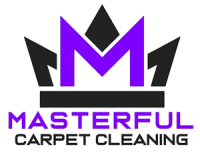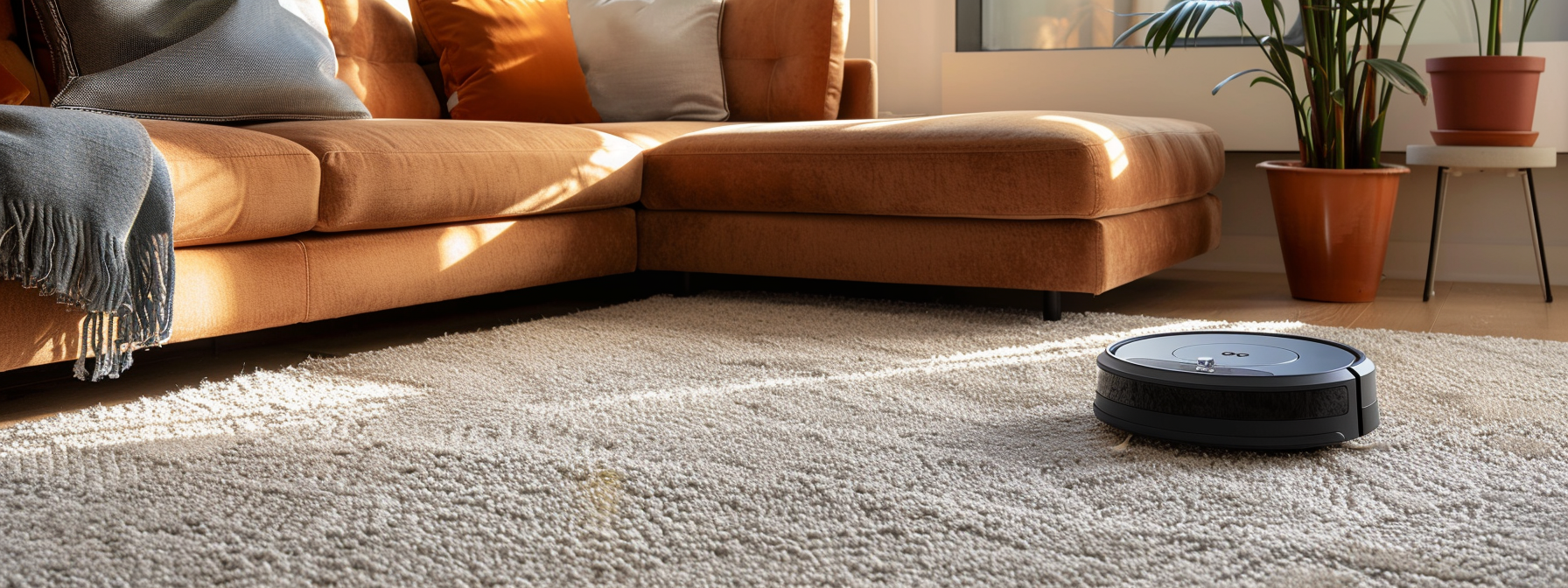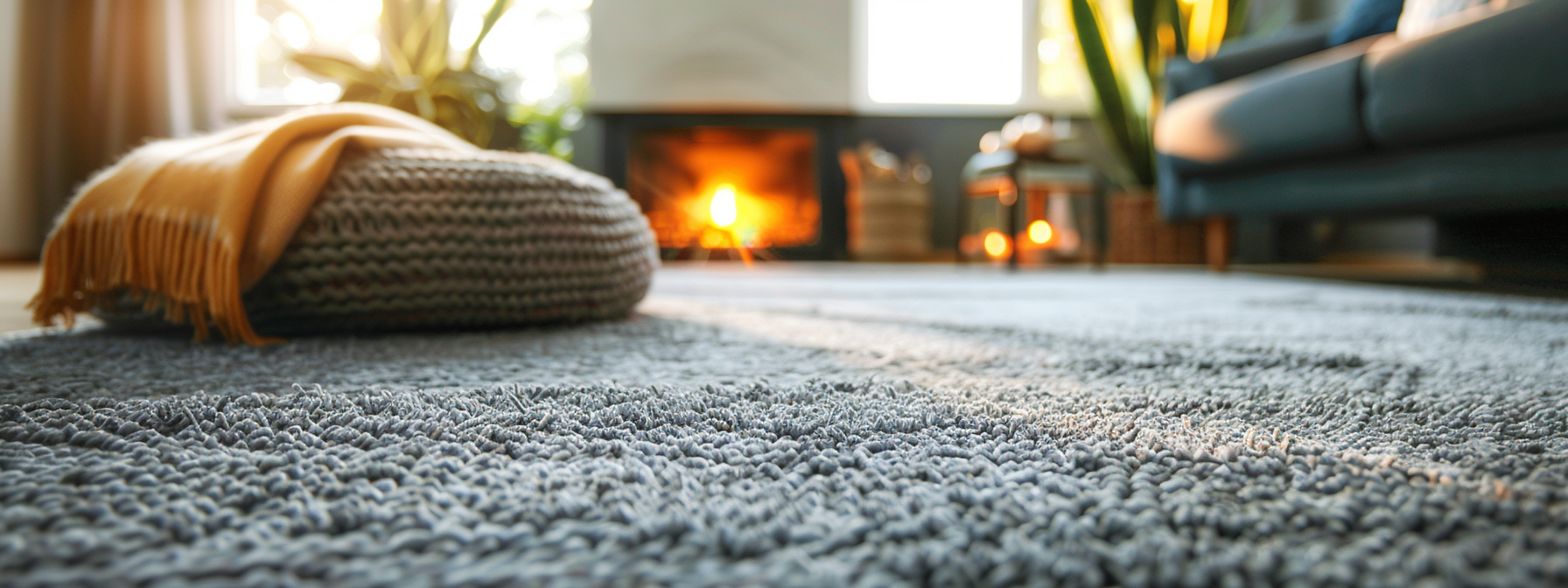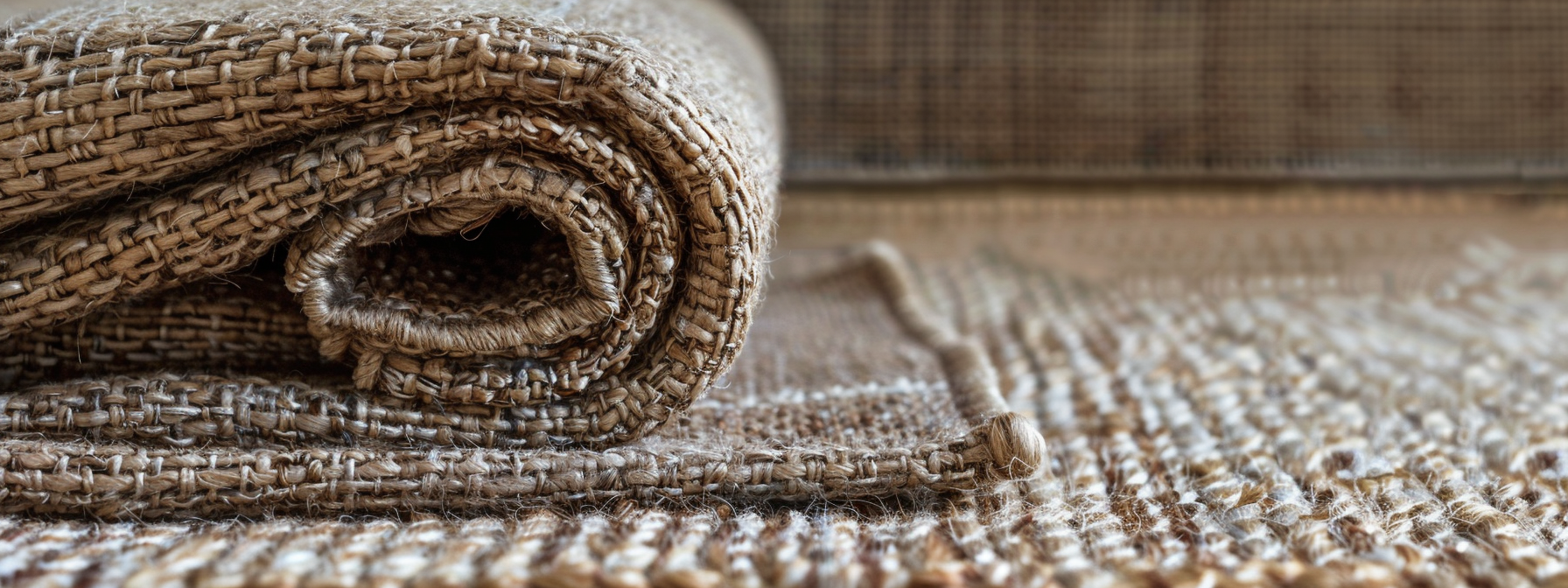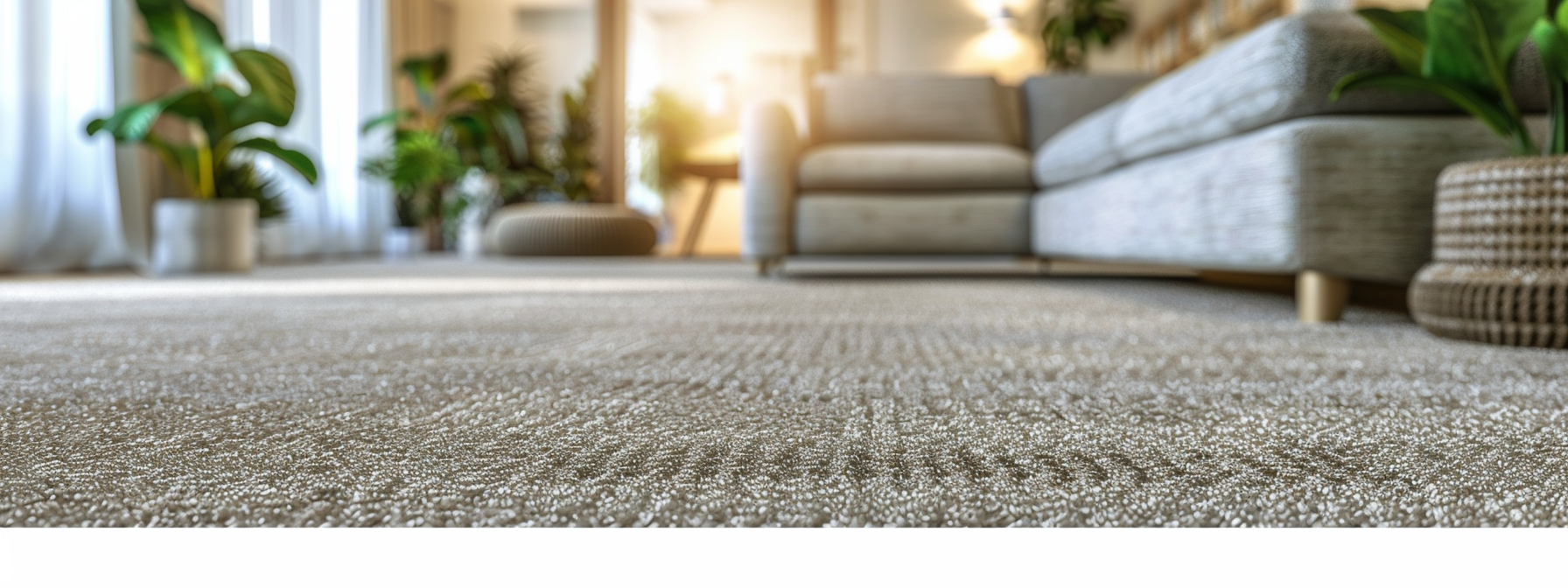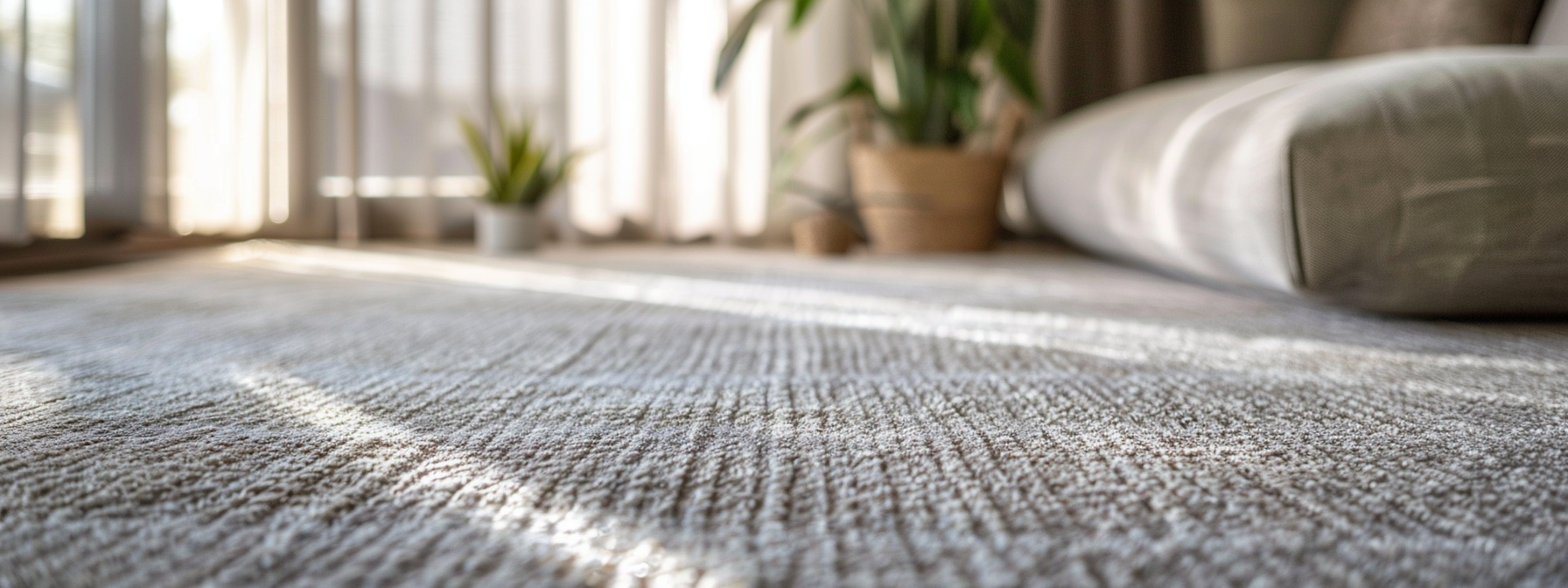The Best Cleaning Agents for Tile Floors: What Works and What Doesn’t
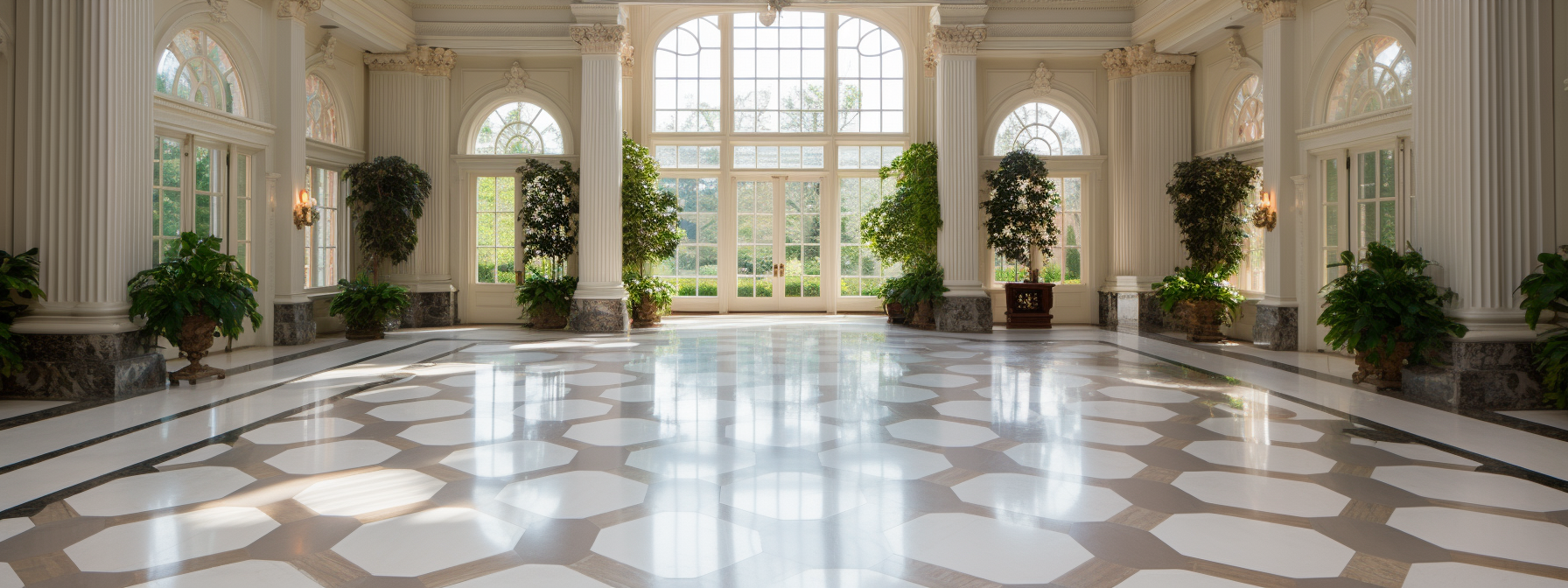
Tile floors are a popular choice in many homes, especially in areas like kitchens and bathrooms, due to their durability and ease of maintenance.
Selecting the right cleaning agent is important to maintaining their appearance and longevity.
Cleaning Agents for Different Tile Materials
Tile floors can be made from various materials, including ceramic, porcelain, natural stone (like marble, granite, and limestone), and more. Each type has unique cleaning requirements.
For example, porous natural stone tiles require sealants to protect against staining, while ceramic and porcelain tiles, being less moisture-absorbent, don’t need such treatments.
Comparative Analysis of Cleaning Agents
A comprehensive analysis involves testing various cleaning agents for their effectiveness on tile floors. Factors like cleaning ability, versatility, scents, and ease of use are considered.
For example, the Bona hard-surface floor cleaner, known for its versatility and safety for pets and children, and Aunt Fannie’s vinegar-based floor cleaner, renowned for its non-toxicity and effectiveness, are two notable examples.
Environmentally-Friendly Options
Many liquid cleaners now feature environmentally friendly formulas with plant-based ingredients. While cleaners with harsh chemicals like bleach are more effective for tough stains, they can be hazardous for pets or children.
Regular Cleaning and Maintenance
Regular cleaning is essential for maintaining tile floors. Basic steps include sweeping or vacuuming to remove loose dirt before applying any cleaner. This prevents scratching during scrubbing. Also, it’s important to understand the nature of stains and the suitability of cleaning agents for different tile materials.
Appropriate Tools for Cleaning
Choosing the right tool, like a suitable mop or sponge, depending on the tile type, enhances the cleaning process without causing damage. Delicate tiles require non-abrasive tools, while more robust tiles can withstand stronger scrubbing.
Grout Cleaning
Grout cleaning is an integral part of tile floor maintenance. Regular cleaning, including the grout, prevents the buildup of dirt and grime. Various grout cleaners are available, each suited to different types of grout and levels of dirt accumulation.
Selecting the right cleaning agent and method for tile floors is a balance of understanding the material of the tiles, the nature of stains, and the safety concerns associated with different cleaning agents.
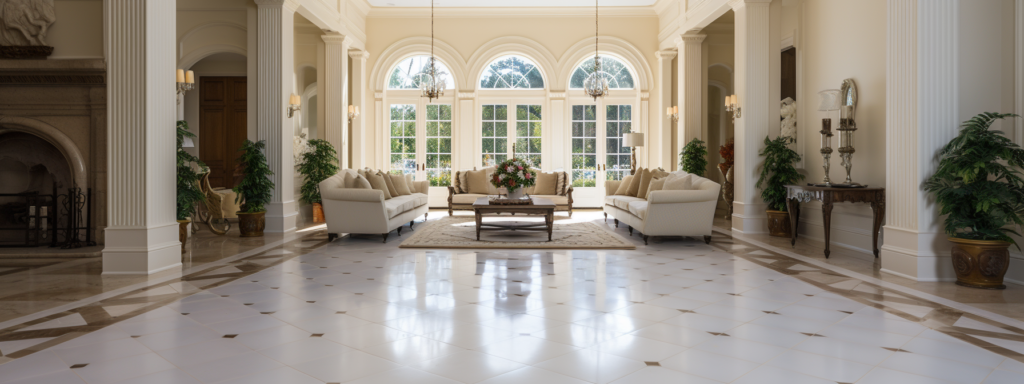
Comparative Analysis of Cleaning Agents for Tile Floors
When selecting the right cleaning agent for tile floors, a comparative analysis of popular products reveals vital insights. Here, we evaluate several cleaners based on their cleaning abilities, versatility, scents, and ease of use.
Bona Hard-Surface Floor Cleaner
- Overview: Formulated for sealed tile, stone, laminate, and other hard surfaces. It’s a pH-neutral, fast-drying, residue-free formula.
- Performance: Effective in removing light debris like dust and dirt from tiles, leaving a streak-free surface. It’s not ideal for removing tough stains like mildew or soap scum.
- Safety: EPA Safer Choice certified, indicating safety for people, pets, and the environment.
Aunt Fannie’s Vinegar Floor Cleaner
- Overview: A vinegar-based cleaner enhanced with plant-based ingredients and essential oils.
- Performance: Efficient in breaking down dirt, food, grease, and grime without leaving a sticky residue. Suitable for various hard surfaces including ceramic tile.
- Safety: Non-toxic, making it safe for people and pets, and environmentally friendly.
- Note: It needs to be diluted before use and has a noticeable vinegar and essential oil smell.
Black Diamond Stoneworks Marble & Tile Floor Cleaner
- Overview: A premium cleaner specifically designed for natural stone surfaces.
- Performance: Effectively lifts dirt, dust, spills, grease, and stains from surfaces like granite, marble, and quartz. It is hypoallergenic and streak-free.
- Safety: Safe for people and pets, biodegradable.
- Note: Some floors may require rinsing after use.
Clorox Clean-Up Disinfecting Bleach Cleaner Spray
- Overview: A bleach-based formula effective in removing mold, mildew, soap scum, and limescale.
- Performance: Quickly dissolves dirt and grime from bathroom surfaces and kills a high percentage of viruses and bacteria.
- Note: It has a strong odor and should be used in well-ventilated areas. Not suitable for all tile types due to its bleach content.
Better Life Tub and Tile Cleaner
- Overview: Made from natural ingredients, designed to dissolve mold, mildew, soap scum, hard-water stains, and mineral deposits.
- Performance: Performs well on tiles, grout, and bathroom surfaces. Removes soap scum and mild stains effectively.
- Safety: Non-toxic, biodegradable, and safe for ceramic, porcelain, fiberglass, and acrylic tiles.
- Note: Has a strong eucalyptus and tea tree oil scent; not suitable for marble or granite surfaces.
Sheiner’s Floor Cleaner Concentrate
- Overview: A pH-neutral, all-purpose professional liquid cleaner suitable for various hard surfaces.
- Performance: Effective for maintenance cleaning but not for removing tough stains like soap scum and mildew.
- Safety: Non-toxic and safe for people and pets.
- Note: The scent may be off-putting for some users.
The choice of cleaning agent should be guided by the type of tile, the nature of stains, and safety considerations. Each product offers unique benefits, and understanding their specific applications ensures optimal cleaning and maintenance of tile floors.
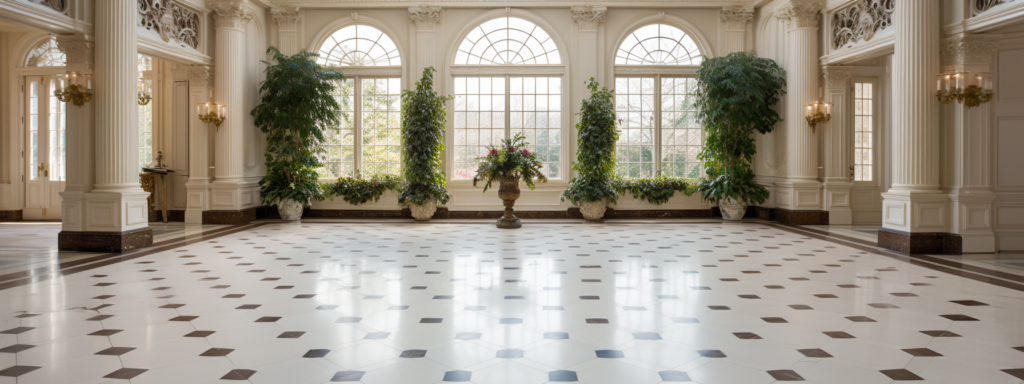
Problem-Solution Framework for Cleaning Tile Floors
Tile floors, while known for their durability and ease of maintenance, present various cleaning challenges.
Understanding these problems and their solutions is essential for maintaining the pristine condition of tile floors.
Common Problems with Tile Floors
- Material-Specific Cleaning Needs: Different tile materials require unique cleaning methods. For example, ceramic tiles are more vulnerable to water and stains compared to porcelain tiles, and natural stone tiles like marble are porous, needing special care to avoid damage.
- Damage from Improper Cleaners: Using the wrong cleaners can damage tile floors. Acidic cleaners like bleach and vinegar, often believed necessary for tackling mildew and mold, can erode sealants on tiles, allowing dirt and oil to penetrate. This is particularly harmful for natural stone tiles, which can suffer permanent dull spots known as etching.
- Grout Cleaning: Grout, the material holding tiles together, can accumulate dirt and become unsightly over time. It requires regular cleaning and re-sealing to maintain its appearance and function. Improper cleaning methods or materials can damage grout, especially if it’s cement-based, which is more vulnerable to acids.
Solutions for Tile Floor Cleaning
- Appropriate Cleaning Agents:
- For ceramic tiles, use a simple soap and water solution.
- Porcelain tiles benefit from neutral pH cleaners.
- Natural stone tiles require neutral pH cleaners to avoid etching. Drying the tiles after cleaning is important to prevent streaks.
- Proper Cleaning Techniques:
- Sweeping or Vacuuming: Begin by removing loose dirt and debris. This is imperative for avoiding scratches during the cleaning process.
- Cleaning Solution: Use warm water with or without a commercial floor cleaner, or create a natural solution with white vinegar and water.
- Mopping: Use a sponge, soft cloth, or mop, ensuring to rinse or wring it out well between uses. Rinse the floor with clean water if using a cleaner or vinegar solution.
- Grout Care:
- Regularly clean and seal grout to prevent staining and deterioration. Use a neutral pH cleaner for grout cleaning. Special grout brushes can be used for effective scrubbing.
- Preventative Measures:
- Prevent dirt accumulation by using floor mats and vacuuming regularly, especially in high-traffic areas.
- Ensure proper airflow in bathrooms to prevent mildew and mold.
- Quickly wipe up spills, particularly acidic ones, to prevent staining of tiles and grout.
By adhering to these problem-specific solutions, the integrity and aesthetic appeal of tile floors can be preserved effectively, ensuring their longevity and reducing the need for extensive repairs or replacements.
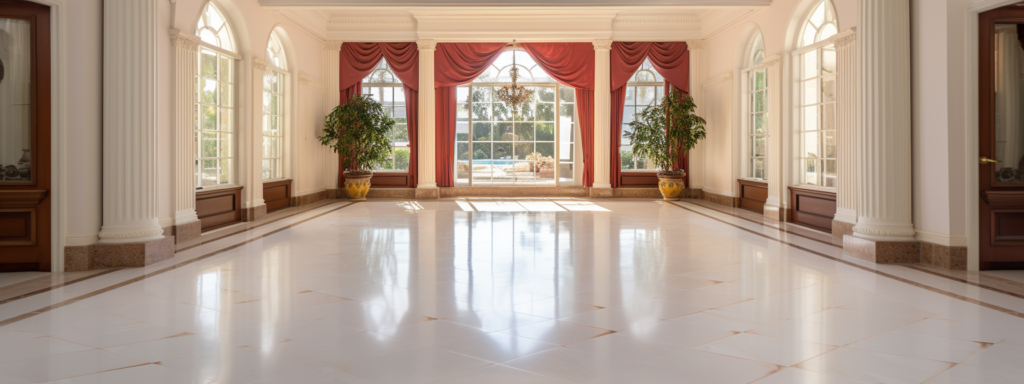
Best Practices for Using Tile Floor Cleaning Agents
Proper care and maintenance of tile floors are very important for preserving their appearance and longevity.
Here are some user guidelines and best practices for using cleaning agents on tile floors.
Basics of Tile Floor Cleaning
- Regular Maintenance: Tile floors should be regularly cleaned to prevent the buildup of dirt and debris. This involves sweeping up loose debris and washing the tile with a suitable mop and cleaner every one to two weeks, depending on the location.
- Drying the Floor: Always dry the floor after mopping to avoid streaks and residues. Soft rags or microfiber cloths are recommended for this purpose.
Choosing the Right Cleaning Product
- Material-Specific Products: Different tile materials require specific cleaning agents. For example, ceramic and porcelain tiles can be cleaned with mild detergents, while natural stone tiles like marble require neutral pH cleaners.
- Avoiding Damage: Using the wrong cleaner can damage the tile surface. Always choose a product made for the specific type of tile material you have.
Proper Tools for Cleaning
- Sweeping and Vacuuming: Begin by removing all loose debris using a soft broom or vacuum cleaner with a soft brush head.
- Mops and Buckets: Use a mop with a chamois or microfiber head and a wringer-type mop bucket for effective cleaning without streaks.
- Steam Mops: Steam mops are effective for ceramic, porcelain, and stone tile floors but should not be used on resilient flooring materials like vinyl.
Cleaning Different Types of Tiles
- Ceramic and Porcelain Tiles: These tiles can be cleaned with a mildly acidic cleaner, like a mixture of white vinegar and water, or a mild detergent. It’s important to keep the cleaning water fresh and rinse the tiles with plain water after mopping.
- Natural Stone Tiles: Use mild, pH-neutral detergents for natural stone tiles like granite and marble. Avoid acidic cleaners and abrasive tools that can damage the stone surface.
- Resilient Tiles: For softer materials like vinyl, linoleum, and cork, avoid harsh chemicals and abrasive tools. Borax-containing cleaners or special linoleum cleaners are suitable for these types of tiles.
Additional Tips
- Sealing and Waxing: Some tile types benefit from a coat of wax or sealant a few times a year to maintain shine and protect against stains.
- Avoid Soap Residue: To prevent a dull and hazy finish, rinse the floor with plain, warm water after using detergent or soap cleaners. Refresh the mop water frequently to avoid spreading dirty water.
By following these guidelines and using the appropriate cleaning agents and techniques for the specific type of tile, you can ensure that your tile floors remain clean, shiny, and well-maintained for years to come.

Frequently Asked Questions for Tile Floor Maintenance
How do I know when my grout needs to be cleaned?
Inspect your grout for any buildup of dirt, mildew, or moisture, especially if the tiles have been exposed to moisture. Regular inspections, similar to HVAC checks, help identify when cleaning is necessary.
Should I clean, replace, or re-grout my tiles?
If you notice cracked or missing grout, chipped or loose tiles, or mold buildup under tiles, these are signs that you might need to re-grout or replace the tiles.
How often should I have my tile and grout cleaned?
The cleaning frequency depends on several factors, including usage, moisture level, and the type of tile. Regular cleaning and periodic grout inspections are recommended.
Should I get my grout sealed?
Yes, sealing grout adds a layer of protection against moisture, floor damage, and water problems. It’s a relatively simple and affordable job that can be done professionally.
Can I use vinegar on tile floors?
Vinegar is safe for porcelain and ceramic tile floors but can damage marble and granite. Always check the manufacturer’s recommendations before using any cleaning product.
What’s the best way to clean tile?
Cleaning methods vary between tile manufacturers. It’s advisable to consult your flooring warranty to determine the most effective and safest cleaning method for your tile floors.
Is ceramic or porcelain tile better?
Both ceramic and porcelain tiles have their advantages for different needs. Consult with a flooring professional to determine the best option for your specific application.
What products should I use to clean my tile?
Use non-acidic, anti-bacterial cleaners for man-made materials like ceramic and porcelain, as well as natural stone. For deep cleaning or special care of natural stone, consult a professional as some stones are sensitive to certain cleaners.
How do I repair cracked tiles?
Remove all grout around the damaged tile, then carefully break and remove the tile using a hammer and a power scraper. Be cautious not to damage surrounding tiles during the process.
Can holes in travertine be filled?
Yes, holes in travertine can be filled during installation or afterward using products like Tenax Natural Stone Filler, which comes in various colors to match the stone.
How do I prevent staining on my natural stone tiles and grout?
Seal the stone with the right sealer and use a pH-balanced cleaner. Avoid acidic cleaners as they can strip the sealer and etch polished natural stone.
How often should I seal my stone and/or grout?
The frequency of sealing depends on the traffic and use of the area. Generally, sealers like Premium Gold and Enhance & Seal can last up to 15 years with proper care. A simple water test can help determine if re-sealing is needed.
What is the difference between sealing and enhancing?
Sealing preserves the material without altering its appearance, while enhancers give a “wet look” in addition to sealing. Test the enhanced look before making it permanent to ensure it meets your preferences.
How do I keep my grout clean?
Use neutral pH cleaners for maintenance, as acidic cleaners can etch polished stone and strip sealers. Regular sealing helps maintain the appearance and longevity of grout.
How do I get rid of grout haze?
There are various methods for removing grout haze depending on when it was applied. Consult a professional or a detailed guide for the best approach.
How do I repair cracked grout?
Repairing cracked grout requires specific products and techniques. It’s advisable to refer to a step-by-step guide or consult a professional for the correct procedure.
Author
-

As the Co-Owner of Masterful, Randy has been providing quality cleaning services to the Salem and Portland areas of Oregon for many years. He has built a reputation for excellence in the industry. His team take prides in using the latest cleaning techniques and technologies to deliver exceptional results every time.
